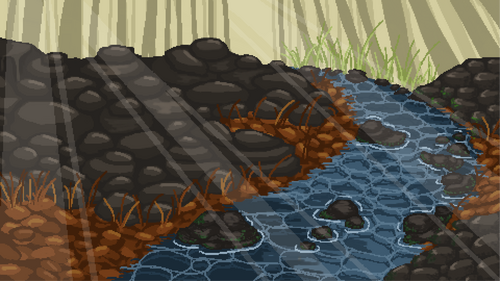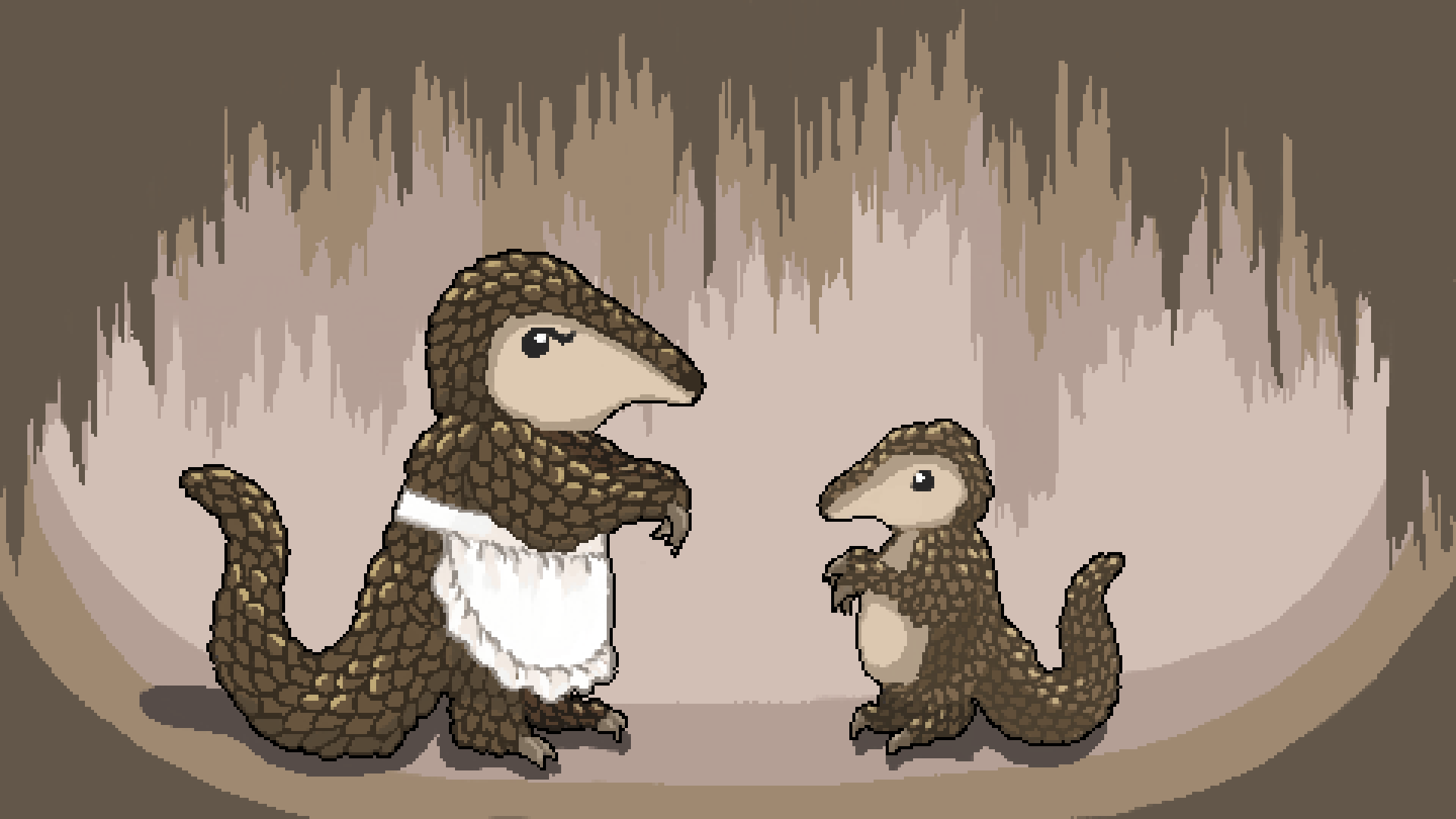My First Game Jam: Winter 2023 Postmortem

In the latter half of 2022, I decided to get into game development so I signed up for an 8-week course in Unity/C# which ended in late February this year. Even before the end, I was worried that it would be a skill that, just like many other skills that I picked up over the years, I’d eventually let fall to the wayside and never engage in every again. I decided to go on itch.io and look for game jams that would start right after my course ended. And by that, I mean that I started working on a new game the very same day that I submitted my previous game for assessment.
Joining My First Game Jam: Winter 2023
I used to be intimidated by game jams. I thought that they were 48-72 hour sprints for people with years of game development experience under their belts. Thankfully, I was very wrong about that. Two weeks seemed very doable in comparison.
Even before the theme was revealed, I knew that that I would be working on a platformer. Mainly because it was one of the genres that I didn’t learn how to script in class, but also because I wanted to stretch my level design skills. My first game, Plant Parent, is a quiz-style simulation game where the player chooses a treatment for an ailing plant out of four choices. While I’m proud of that game, I didn’t feel like I put as much thought into the level design as I would have preferred. So when the theme was revealed as “Growth”, ideas for the story and style of the game came to me quickly.
Narrative
When designing games, I usually start with a vague idea of what I want for the narrative. My favourite games are narrative-driven, so I’m always thinking about how to include narrative elements in my own games.
For First Errand, I had 3 main sources of inspiration:
- The Japanese tradition of sending young children to run errands independently.
- Developmental psychology research in which it has been observed that children who engage in chores tend to have higher self-esteem and were more independent.
- My own experience with arrested development from having graduated university right at the start of the pandemic.
Based on that, I came up with a story about a child taking on errands as part of growing up. As he succeeds at completing his errands, they increase in difficulty and risk, such as going into places with spikes that reduce his health if he walks into them. This is to show how as he grows and matures, his mother has more confidence in his ability to navigate more difficult situations.
Art
Originally, I wanted to try a more painterly style since Plant Parent was done in pixel art. But for reasons unbeknownst to even me, I was determined to not only embark on this journey alone, but to draw every single asset (apart from fonts) from scratch. This meant that I wouldn’t have time for anything that would typically take me more than a day to complete. Because of that, I decided to stick with pixel art, which I felt more comfortable with.
I took about 2 days to complete the background for level 1 because I was still trying to get a feel of what I wanted from the art style. Once I started working on level 2, things got done faster and more smoothly. As for the backgrounds for the main menu, dialogue sequence and win/lose screens, I did each of them in about 4-6 hours each.
What I Would Have Done Differently
My submission definitely suffered from me biting off more than I could chew. The most obvious instance of this is when I decided to draw everything myself. While I don’t regret it in retrospect, I do think that it’s important that I acknowledge it as the sacrifice that it actually was. Not only was it incredibly tiring (and painful), it also meant having to cut out critical gameplay features and a dialogue sequence that was meant to set the tone for the entire game.
I mean, at this point, it doesn’t really matter because I’ve already gone back and added all those features in ver. 1.1. I’m just saying that if the goal was to have a solid prototype, I should have focussed on the gameplay, then replaced the placeholder assets after the game jam added. I feel like my game would have felt more complete sooner if I had done that.
I also could have planned things better and come up with a better schedule for the development process. The way I did things during those 2 weeks was something like:
Step 1: Come up with a vague narrative.
Step 2: Design the game mechanic and figure out how to tie that to a story based on the vague narrative from step 1.
Step 3: Start blocking out the game in Unity, i.e. creating scenes and writing script for basic functions like scene transitions.
Step 4: Draw as many assets as I can before my wrist gets too tired from drawing.
Step 5: Insert the completed assets into Unity and add new functions to the game.
Step 6: Continue drawing as many assets as I can before my wrist gets too tired from drawing.
Step 7: Repeat steps 5 and 6 until the game is completed.
This workflow isn’t terrible per se, but it does cause problems when the person following it still has a lot to learn about Unity and C#. For example, I programmed the player movement after I had already arranged the platforms. And because I was too lazy to figure out how to efficiently arrange platforms in Unity, I arranged the platforms in Procreate before exporting the image and plugging it into Unity. This meant that if the player movements did not feel good because of how the platforms were spaced, I would have to go back to Procreate, rearrange the platforms and export the image again. I was going back on steps over and over again just because I didn’t think things through. Knowing what I know now, I would have tested the player movement with placeholder assets before I even drew a line on Procreate.
What I’ve Learnt
I approached this game jam from a place of fear; I was afraid that not joining and not finishing a game would be proof that I was not cut out for game development. Through the process of working alongside that discomfort and coming up with a game that is far from perfect, but does show that I have a voice and can articulate it through my games, I proved to myself that I didn’t really have anything to worry about to begin with. Even if I had come up with anything less, I would have still come out of this game jam knowing that I would ultimately be fine.
All that said, if anyone is reading this, I do not recommend working on a game right after completing another one, especially if you’re going in solo. I came very close to burning out in the last few days of the game jam. Remember, it’s a marathon, not a sprint.

Leave a comment
Log in with itch.io to leave a comment.